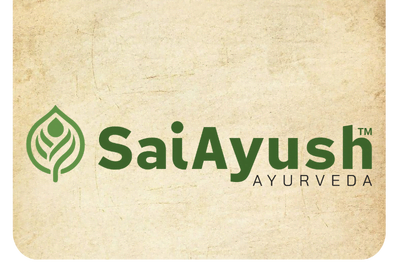Holistic Management of Lifestyle
Metabolic Disorders at Sai Ayush
Ayurveda Hospitals
Lifestyle Metabolic Disorders
The world is becoming more interested in Ayurveda, which is recognized as the most important life science and provides methods to prevent and manage lifestyle illnesses. Ayurveda offers superior solutions in the form of correct food management, lifestyle advice, panchakarma procedures such as detoxification and bio-purification, medications, and rejuvenation therapies.
Ayurveda offers a variety of regimens for the management of lifestyle disorders, including Dinacharya (a daily regimen), Ritucharya (a seasonal regimen), Panchakarma (five detoxification and bio-purification therapies), and Rasayana (rejuvenation) therapies. To preserve a healthy and pleasant psychological perspective, the Sadvritta (ideal routines) and Aachara Rasayana (code of conduct) are critical. The combined use of all of these therapy techniques has a significant impact on lifestyle disorders. Furthermore, the application of organ-specific Rasayana herbs provides ample potential not only for illness prevention but also for health promotion and disease cure.
Ayurveda offers an advantage in treating the ailment by focusing on its underlying cause. The Ayurvedic physician focuses on attaining Ayurveda’s goal of promoting health, disease prevention, and management for a healthy and happy existence in an ailing society.

Diabetes:
Diabetes is one of the most frequent and difficult health issues that people confront. According to studies, diabetes affects roughly 11% of the world’s population. And, certainly, it is difficult to handle. but it’s not impossible.
Diabetes develops in all Prabhas in the absence of adequate medication. According to Ayurveda, diabetes is caused by vayu. Diabetes develops when Vata is disturbed and Oja leaks into the urine. Diabetes commonly arises in old age when all of the Dhatus deteriorate day by day.
Three thousand years ago, Acharyas Charak and Sushruta discovered sugar moving through urine due to elevated blood sugar levels. The Charak and Sushruta Samhitas provide a methodical way to determine blood and urine sugar levels. Acharya Sushruta depicts a diabetic’s urine as honey-colored, whereas Acharya Charaka examines a diabetic’s urine with ants. “Tanoratah madhuryachcha evam makshikopasarpenasharira madhuryam.”
Diabetes signs and symptoms
The following are some of the most prevalent type 1 and type 2 diabetes symptoms:
Symptoms of type 1 diabetes:
Excessive thirst, excessive hunger, dry mouth, stomach upset, rapid weight loss, constant exhaustion, hazy vision
Diabetes is primarily caused by a shortage of insulin production. There are, however, other disorders that can cause this syndrome.
symptoms of type 2 diabetes:
Excessive thirst unusual frequency of urinating, Extreme hunger, Unintentional weight loss, Fatigue,Wounds that take a long time to heal Urination on a regular basis
Causes of Type 2 Diabetes
Diabetes type 2 can develop from prediabetes. In this state, however, your cells may develop resistance to insulin and its activities. Furthermore, because the pancreas cannot produce insulin, your body may struggle to overcome this resistance.
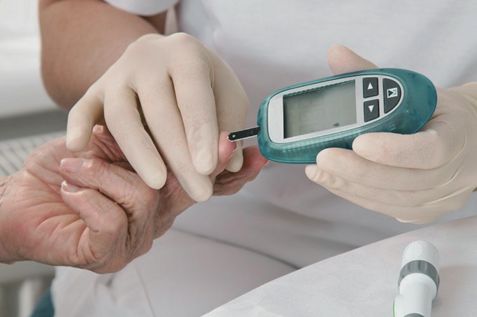
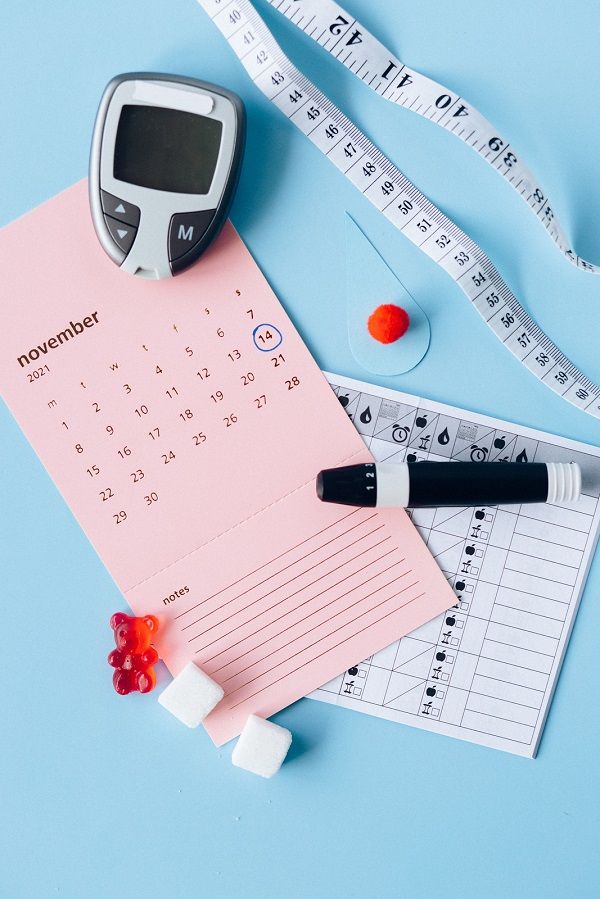
Ayurvedic diabetes management
Ayurveda uses a comprehensive approach to help manage diabetes and other health issues. A multi-pronged strategy is recommended by Ayurveda. The management procedure entails the following steps:
Food changes for diabetes:
- Eating light, dry, and warm foods while avoiding oily, cold, and heavy foods
- Milk products aggravate the Kapha dosha and should be avoided or reduced.
- More beans and legumes are required in the Kapha diet.
- Apples, pomegranates, and berries can be consumed.
- Light grains such as millet and maize can be consumed.
- Spices should be utilised in cooking since they are beneficial to the Kapha Dosha. Ayurveda advises against eating meat because it can cause inflammation.
- Consuming warm food is necessary for blood sugar regulation. Warm water should be consumed by patients.
- Diabetes can be managed with bitter foods. Bitter gourd is a vital vegetable that should be consumed. Turmeric is another key spice that should be consumed.
- Fried foods, tuber vegetables, fizzy beverages, and fruits such as mango, custard apple, dates, and bananas should be avoided. Cakes, sugarcane goods, and wine are all prohibited.
Panchakarma therapies, including Abhyanga, Swedana, Mashapinda Sweda, Shirodhara, Shirobasthi, and Kayaseka, have been proven to be long-term effective. Individuals respond differently to Ayurvedic treatments. Medication is initially prescribed depending on personal circumstances. After monitoring the blood sugar level within the time range given, the maximum dose of the medication is provided. The medication will be continued until the blood sugar level normalises. It is a turning point. From then on, the medicine’s dose is gradually reduced. The patient is then kept on a low dose or given any medicine! When the possibility of quitting the medication is available, this treatment gives diabetes sufferers hope.
Furthermore, additional drugs for constipation, drug-induced hyperacidity, general debility, sleeplessness, and other conditions are not required. Sudden hypoglycemia or hyperglycemia are quite rare. Diabetes complications are uncommon while using Ayurvedic therapy.
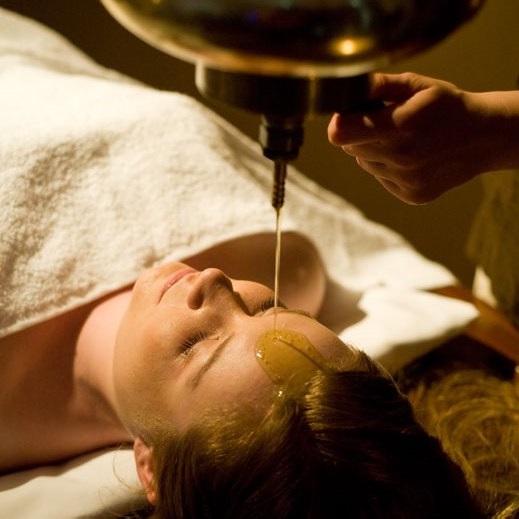
Hypertension:
The force exerted by a person’s blood on the walls of their blood vessels is referred to as “blood pressure.” This pressure is determined by the resistance of the blood vessels and the amount of effort required by the heart.
Normal limits are 120/80 mm Hg.
BP elevated: 140/90 mm Hg
High blood pressure: blood pressure that is higher than the normal limit
High blood pressure is also known as hypertension. It can cause serious health problems and raise the risk of heart disease, stroke, and even death. Because a person with hypertension may not detect any signs, it can lead to potentially significant problems, earning it the moniker “silent killer.”
There are two forms of hypertension. The origin of hypertension is unclear in 95 percent of patients with high blood pressure; this is known as essential or primary hypertension. Secondary hypertension occurs when a cause can be identified.
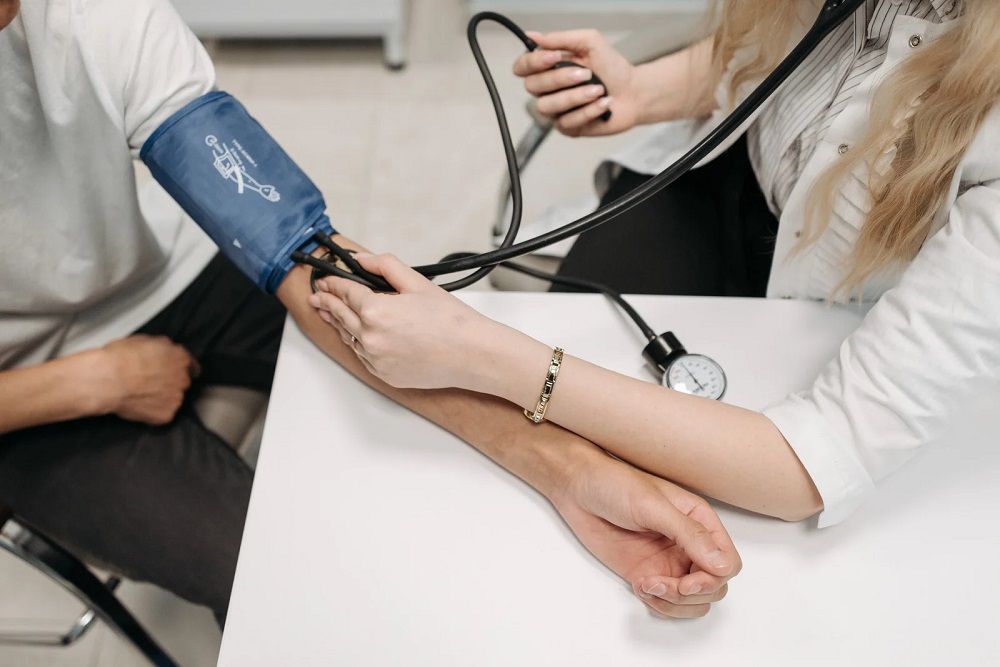
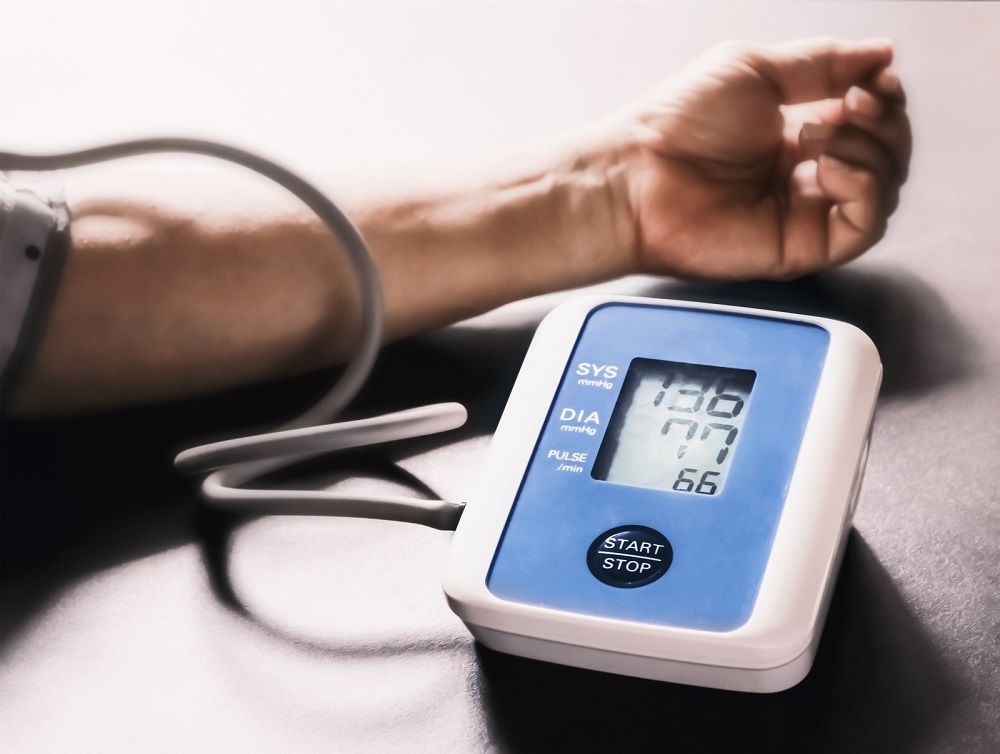
Symptoms:
- Extensive headache
- Tiredness or perplexity
- Vision issues
- Chest ache
- Breathing problems
- Heartbeat irregularity
- Urine with blood
- A pounding sensation in your chest, neck, or ears.
In Ayurveda, hypertension is associated with Raktagata Vata and is referred to as Tridoshaja Vyadhi. Ayurvedic hypertension treatment focuses on balancing the three Doshas. Proper eating habits, exercise, yoga, meditation, and Ayurvedic medications can help to regulate the mind, reducing stress and maintaining blood pressure.
Ayurvedic remedies that are often used include:
- Snehapanam
- Virechanam
- Niruha Vasthi
- Anuvasana Vasthi
- Shirodhara
We treat this illness with specific internal and exterior therapies that assist in cleansing the body of toxins while also guiding correct lifestyle habits like Dinacharya and Rithucharya that enable the body to wade off and handle stress and strain in daily life.
Thyroid:
The biochemical (metabolism) process is referred to as “Agni” in Ayurveda, an ancient Indian medical system, and is responsible for all internal biological functions down to the cellular level. Thyroid function is attributed to Dhatwagni. Dhawan and Jatharagni regulate the body’s basal metabolic rate.
According to Ayurveda, thyroid sickness is caused by an imbalance of tridosha produced by climatic conditions, filthy water drinking, non-nutritious foods, and improper eating habits, as well as a disturbance in dinacharya. Hypothyroidism is caused by an inefficient thyroid gland, which results in reduced thyroxine production. According to Ayurveda, the root cause of this dysfunction is vitiated Kapha and Vata dosanjh.
Symptoms include sluggish body processes, foggy thinking, a slow pulse, hoarseness of voice, and a weakened immune system with recurring infections.
Some of the symptoms of this condition include constipation, irritability, sensitivity to cold, depression, and dry skin.
Panchakarma in Hypothyroidism:
- Vaman
- Virechan
- Basti
- Nasya
External hypothyroidism therapies include:
- Thalapothichil (shiro lepam)
- Thakradhara.
- Udwarthanam
In conclusion, Ayurveda panchakarma can be seen as an effective and natural approach to lifestyle disorders. The use of specific herbal remedies, dietary adjustments, and the application of traditional body therapies all play a role in achieving lifestyle disorder goals. Furthermore, Ayurveda emphasises a holistic approach to health and wellness, aiming to balance the body, mind, and spirit in order to achieve optimal health outcomes. Therefore, for those looking for a holistic and natural approach to lifestyle disorders, Ayurveda panchakarma could be worth considering.
If you are looking for personalised and natural treatments for lifestyle disorders like diabetes, hypertension, and thyroid issues, look no further than Sai Ayush Ayurveda Hospital. With over 40 years of experience, our experienced doctors and qualified therapists provide the best Kerala Panchakarma treatment and Ayurvedic medicine to address the root cause of health issues. We offer 24/7 doctor service, female doctors, and follow-up care to ensure long-lasting results. Contact us today to schedule an appointment and take control of your health and well-being with the best Ayurvedic treatments available.
Frequently Asked Questions
What is the best Ayurvedic medicine for hypertension and high blood pressure?
What is the best Ayurvedic medicine for blood pressure?
Is there an Ayurvedic treatment for diabetes in Hyderabad?
Where can I find an Ayurvedic hospital for thyroid near me?
What is the best Ayurvedic medicine for thyroid?
Is there an Ayurvedic medicine for hypothyroidism?
Can lifestyle disorders like diabetes, hypertension, and thyroid issues be managed and treated with Ayurveda?
Testimonials
Sunny
Vicky
Mohan
Fill out this form for booking online.
Appointment
Book An Appointment
Make sure to note down the appointment date, time, and location provided by the clinic. Set reminders on your calendar or set an alarm to ensure you are punctual and do not miss your appointment.
Customer Service
+91 84668 82266
WhatsApp Now
+91 84668 82266
Subscribe Now
SaiAyush Ayurveda
